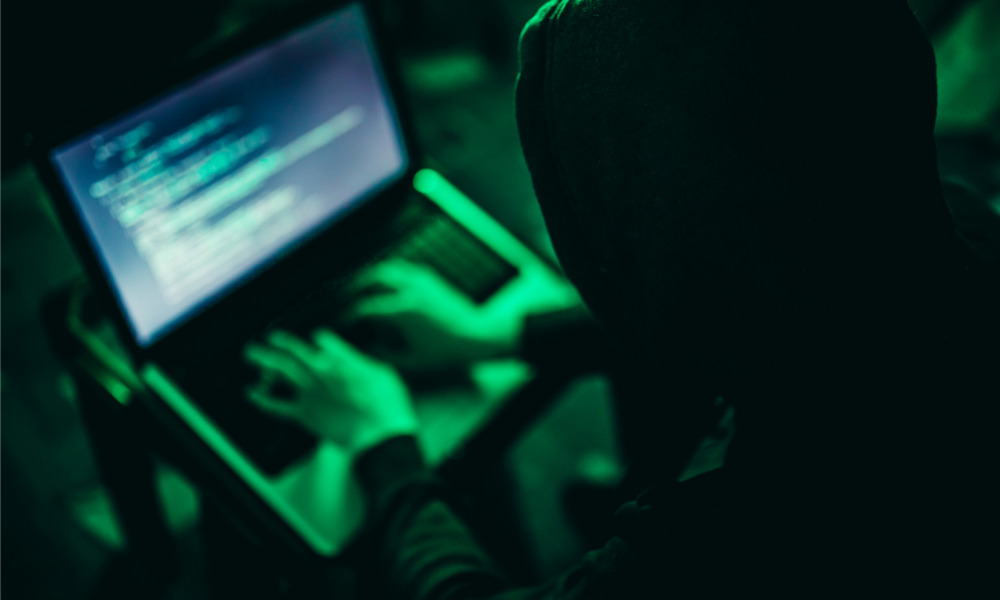
Evidence of infringement insufficient to grant default judgment: Federal Court

A copyright infringement action against internet subscribers who allegedly shared a pirated film through BitTorrent will proceed to trial after the Federal Court found insufficient evidence to grant default judgment.
In Voltage Holdings, LLC v. Doe#1, 2022 FC 827, Voltage Holdings, a movie production company, brought a claim for copyright infringement against a group of internet subscribers. Voltage hired Maverick UG to use forensic data collection software to monitor the internet to look for unauthorized uploading and online distribution of its movies, including the science-fiction film Revolt.
The software detected and verified portions of the Revolt movie being made available for download through the BitTorrent peer-to-peer network from various IP addresses. Voltage sent two notices to every related internet service provider (ISPs) to forward to the relevant internet subscribers associated with the IP addresses, pursuant to the notice-and-notice regime under the Copyright Act. The notices warned internet subscribers to remove the copy of the work from their computers within a given period or to be subject to the possibility of an action for copyright infringement. The ISPs confirmed the notices were sent to the relevant internet subscribers.
Voltage filed a motion for default judgment against 30 internet subscribers associated with IP addresses that offered the work for download online “for weeks, sometimes months, possibly to thousands of people.” Voltage described these subscribers as the “worst of the worst.” The company asserted that these 30 default defendants were guilty of either direct infringement or infringement by authorization.
Voltage said it had identified the internet subscribers responsible for the 30 IP addresses at issue and sent two notices to each to deter infringement. As a result, Voltage argued, it met its burden of establishing infringement on a balance of probabilities through clear, convincing, and cogent evidence.
A public interest intervener, Samuelson-Glushko Canadian Internet Policy & Public Interest Clinic (CIPPIC), said that Voltage failed to identify the persons who were accessing the computers at the time the film Revolt was being offered and who were responsible for any alleged infringement. CIPPIC argued, “it cannot be presumed that an internet subscriber and an internet user are the same person.”
The court said that, despite the notice and notice regime, infringement by internet subscribers must still be proven for Voltage’s claim to succeed because there is a presumption of innocence of internet subscribers. Citing case law, the court highlighted that “the person to whom an IP address belonged at the time of an alleged infringement may not be the same person who has shared copyrighted content online.”
The court further said that some attempt must be made to determine the internet user responsible for alleged infringement before a presumption can arise that the internet subscriber is that user. The court emphasized that something more is needed that the bare assertion that a subscriber is, by default, the user responsible for infringement. An assumption of infringement is not enough, the court warned.
Based on the records and the evidence submitted, the court could not conclude that direct infringement by the default internet subscribers had occurred in this case.
Under existing jurisprudence, authorization means “to sanction, approve and countenance.” Jurisprudence also implied that the internet subscriber “possessed sufficient control over the use of his or her internet account and associated computers and internet devices such that they authorized, sanctioned, approved, or countenances the infringements particularized.”
To establish infringement by authorization, the court adopted the view that consideration must be given to whether the default defendant had knowledge of the alleged infringing activity, the relationship and extent of control over the user, and whether the internet subscriber had some ability to prevent the act of concern.
In this case, the court did not find any evidence as to the nature of relationship between the internet subscribers, identified as default defendants, and those that uploaded the unauthorized content. Further, there was no evidence of the steps taken by the internet subscribers to prevent further alleged infringement. The court concluded that there was insufficient evidence to establish infringement by authorization.
The court dismissed the motion for default judgment and noted that the matter should proceed froward to trial. However, Voltage could still bring the same motion for default judgment back again with better evidence.